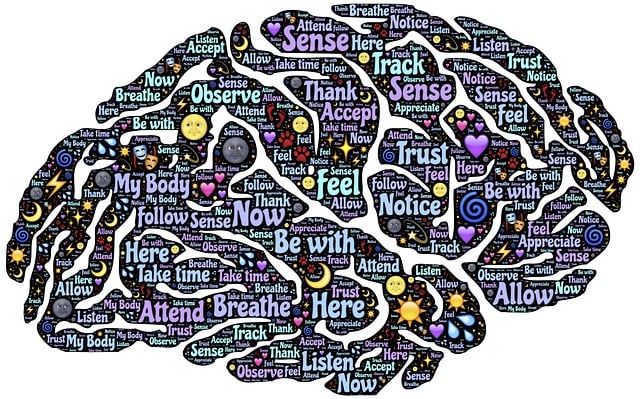Boulder Crisis Counseling Therapy (BCCT) provides immediate, short-term support for acute emotional distress, focusing on active listening, empathy, and individual-centered approaches. They prioritize open, non-judgmental communication in a safe environment to alleviate anxiety, promote self-discovery, and respect diverse cultural needs. Through multi-faceted strategies including empathy, cultural sensitivity, and tailored interventions, BCCT enhances crisis guidance effectiveness while fostering deeper client connections.
In times of crisis, effective interventions can make a significant difference. This article explores Boulder Crisis Counseling Therapy (BCCT), a structured approach designed to provide immediate support during traumatic events. We’ll delve into the key principles of BCCT, offering practical strategies for professionals and caregivers to navigate challenging situations. Understanding empathy and active listening is crucial, as these skills underpin successful crisis counseling, ensuring individuals receive the compassionate care they need.
- Understanding Boulder Crisis Counseling Therapy: A Overview of Key Principles
- Practical Strategies for Effective Crisis Intervention
- The Role of Empathy and Active Listening in Crisis Counseling
Understanding Boulder Crisis Counseling Therapy: A Overview of Key Principles

Boulder Crisis Counseling Therapy (BCCT) is a unique and highly effective approach to addressing acute emotional distress and crisis situations. This therapeutic model centers around providing immediate, short-term support to individuals who are experiencing intense emotions, such as fear, anger, or overwhelming sadness. BCCT aims to help clients develop coping strategies, gain insights into their feelings, and regain a sense of control during challenging times.
The key principles of BCCT emphasize active listening, empathy, and an individual-centered approach. Counselors facilitate open communication strategies, encouraging clients to express their thoughts and emotions freely. By fostering a safe and non-judgmental environment, BCCT facilitates anxiety relief and promotes self-discovery. Cultural sensitivity in mental healthcare practice is also a cornerstone of this therapy, ensuring that the unique needs and perspectives of diverse clients are respected and addressed throughout the counseling process.
Practical Strategies for Effective Crisis Intervention

In the realm of crisis intervention, where every moment counts, effective strategies are pivotal for professionals like those at Boulder Crisis Counseling Therapy. A practical approach involves a multi-faceted strategy that starts with active listening and empathy, allowing individuals to express their emotions freely without judgment. This initial step builds trust and ensures the individual feels heard and understood, which is crucial in de-escalating intense situations.
Additionally, cultural sensitivity plays a significant role in crisis intervention (Cultural Sensitivity in Mental Healthcare Practice). Professionals must be adept at tailoring their approach based on an individual’s cultural background, ensuring that interventions are not only effective but also respectful of diverse beliefs and values. This adaptability can significantly enhance the overall success rate of crisis intervention guidance, as it demonstrates a deep understanding of the person’s unique context (Mental Wellness Podcast Series Production).
The Role of Empathy and Active Listening in Crisis Counseling

In the heart of crisis counseling, empathy and active listening stand as cornerstones for effective Boulder Crisis Counseling Therapy. When individuals face crises, they often struggle with overwhelming emotions and thoughts, making it challenging to articulate their feelings or see clear solutions. Herein lies the power of empathetic listening—it validates their experiences, fostering a sense of understanding and safety. A counselor who actively listens conveys genuine interest, allowing clients to feel heard and valued, crucial aspects for building trust during traumatic times.
Empathy, coupled with active listening, facilitates a profound connection between the counselor and client. This dynamic encourages clients to open up, sharing details that might otherwise remain hidden. By incorporating compassion cultivation practices into their counseling sessions, therapists can boost clients’ confidence in expressing their vulnerabilities. Moreover, these skills are enhanced through community outreach program implementations, where counselors learn to adapt their strategies for diverse cultural backgrounds, ensuring inclusive and effective crisis intervention.
Boulder Crisis Counseling Therapy offers a structured yet adaptable framework for helping individuals navigate turbulent times. By combining key principles with practical strategies, such as empathy and active listening, counselors can effectively intervene during crises. This approach ensures that clients feel heard, understood, and supported, fostering a sense of safety and resilience. Embracing these methods equips professionals with the tools to make a meaningful difference in people’s lives during their most vulnerable moments.












